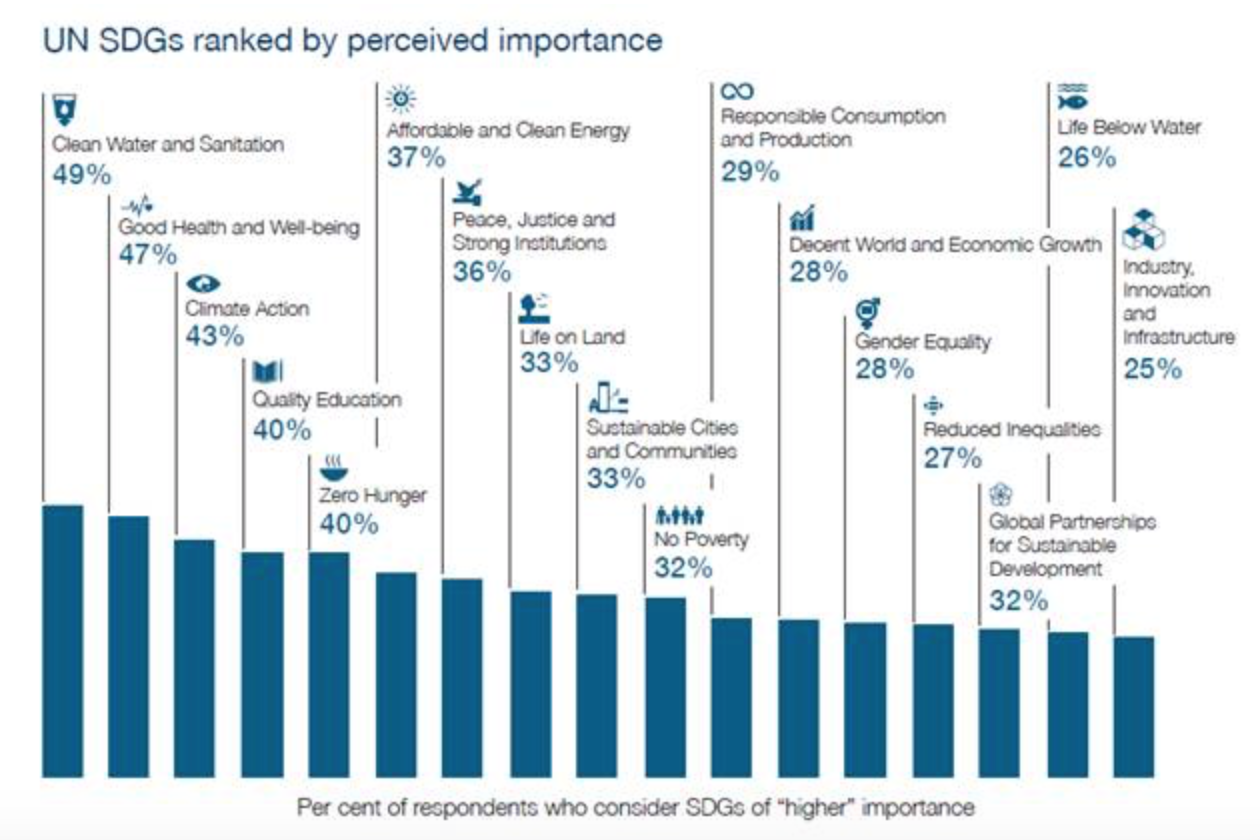Surveys
StanChart Probes Asia, UAE, And UK On Sustainability Concerns: Survey

ESG funds are the obvious benefactors of the effect of COVID-19, as investors weigh risk from every angle. StanChart's third annual survey of investors in Asia, the UK and the UAE shows subtle regional differences in the sustainability issues clients care about, but a wide advice gap remains.
Nearly half of wealthy investors are ready to invest up to 15 per cent of their funds into sustainable investments over the next three years, but they are still facing a looming advice gap, according to a new survey of investors from Standard Chartered Private Bank. Despite growing appetite globally for sustainable investing, less than 10 per cent see themselves committing more than 25 per cent into sustainable funds in the next three years.
Polling 1,000 affluent and high net worth investors in Hong Kong, Singapore, the UAE and the UK for its third annual Sustainable Investing Review, the bank found many investors still lack the knowledge to be able to achieve their social and impact goals. Other main obstacles were investor apprehension and a lack of motivation and advice.
The findings suggest that wealth managers have their work cut out in regions that are rapidly accumulating wealth to help clients understand the sustainability space and encourage investment. ESG investing was gathering momentum before the COVID crisis struck and, arguably since, has woken the entire investment universe to material risk and the role it can play.
Despite this, "there remains a significant knowledge gap among investors," Didier von Daeniken, global head of private banking at StanChart said, and it is up to the banks "to help bridge this gap." Standard Chartered is an interesting one to watch for having a large footprint in regions that other banks do not have.
A majority of investors surveyed said they were keen to embrace sustainable investing regardless of prior experience in the sector, and that the aftershocks of COVID-19 have made them more aware. Active fund managers who can clearly explain the space should be in high demand, especially in helping investors navigate the “greenwashing” that has plagued the sector in the absense of mandated and standardised disclosure rules.
Investment wise there is a lot a stake.
The total market for sustainable investing is hovering around $31 trillion; with the impact side comprising roughly $500 billion of that. Refinitiv's data last month confirmed that ESG has been out-performing conventional funds, before and during the crisis, suggesting that any trade-off doubts are fading.
On the themes investors most care about, this year's participants put clean water/sanitation and health/wellbeing as the most important themes in the UN’s Sustainable Developed Goals. The 17 SDGs have been a staple for green finance in developing thematic solutions for clients. Climate action was their next priority, followed by good quality education and zero hunger. How investors ranked different themes is shown in the graphic below.

UK clients were the most likely to have previously invested in SRI (83 per cent) and were more familiar with the SDGs than the other three markets. UK investors, as in last year, were most behind investing in affordable clean energy.
The UAE were the largest group of affluent investors surveyed and the most apprehensive about SRI. They also had the most request for knowledge about ESG investment terminology. UAE investors, for example, were the least familiar with low-carbon investing. Perhaps understandable given the region's reliance on oil wealth, but valid in the context that several oil giants have writen off billions in stranded assets the last few months.
Investor types
Research showed investors falling broadly into five categories:
optimisers, impact believers, cautious, resistant and apathetic.
How those groups break down is shown in the chart below. The
global bank has been putting greater emphasis on using
personality data to tailor approaches.

"Knowing how clients’ investor personalities influence their investment approach allows us to help unlock any barriers. This is where our impact philosophy is useful in giving clients a structured framework to identify environmental and social causes that matter to them, as well as to understand the risks and returns of potential opportunities,” von Daeniken said.
Also noteworthy: Singapore investors rated clean water/sanitation highest, while investors in Hong Kong put climate action on top. Singapore’s wealthy are also more apprehensive about sustainable investing (45 per cent) than their Hong Kong neighbours (30 per cent). The greatest interest in sustainable investing in the UAE came from the young and educated in the region.